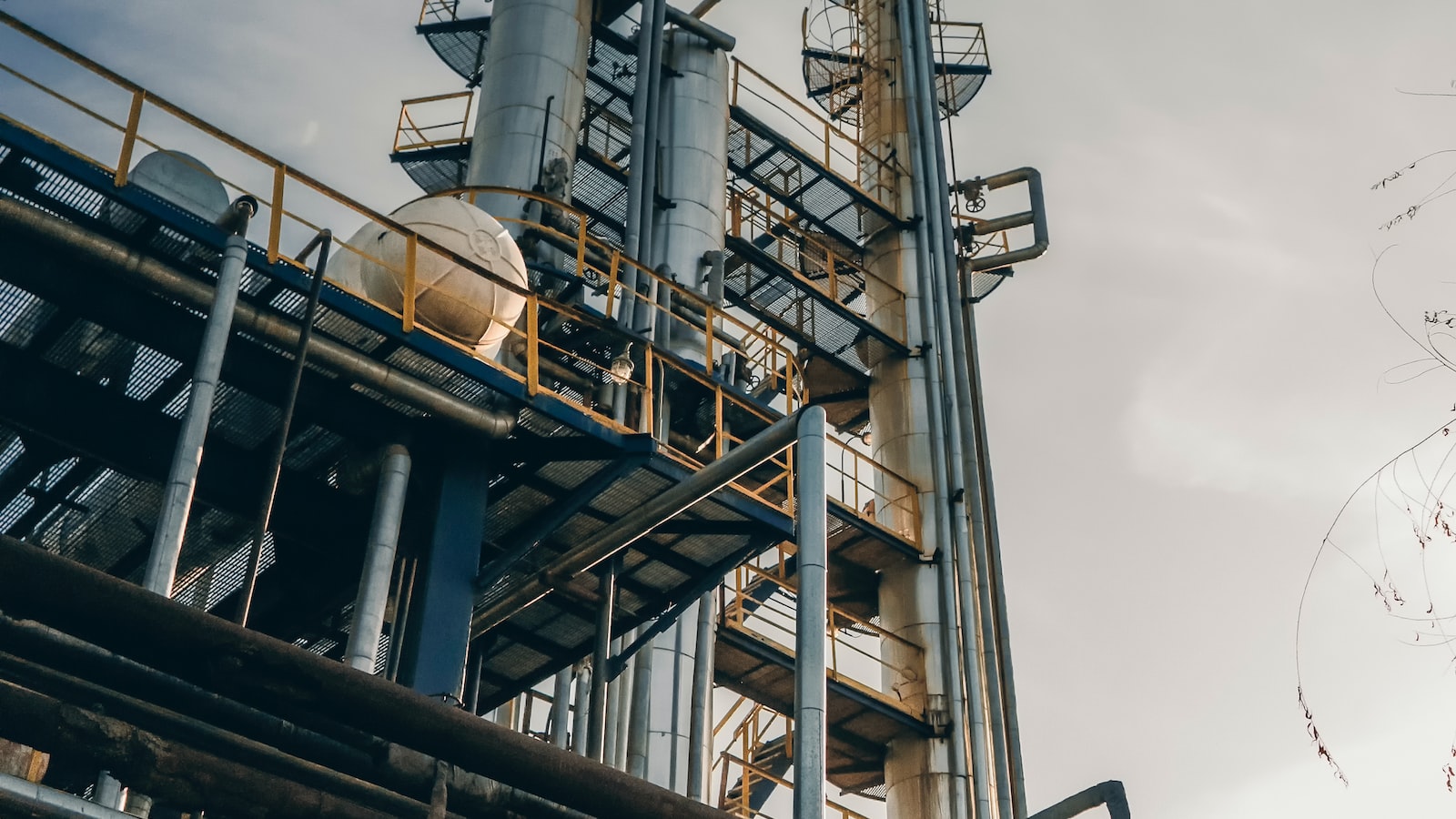Plastic pollution has become a significant environmental issue around the globe. As the world’s population keeps growing, so does our demand for plastic products. This has led to an alarming increase in plastic waste, which has devastating effects on our ecosystems and contributes to climate change.
The Role of Petrochemicals in Plastic Production
Plastics are primarily made from petrochemicals, which are derived from fossil fuels such as oil and natural gas. Ethylene, propylene, and other chemicals obtained from crude oil are the building blocks for creating various types of plastic, including polyethylene, polypropylene, and polyvinyl chloride (PVC). Petrochemicals have revolutionized industries by providing versatile and cost-effective materials, but their environmental impact cannot be ignored.
The Urgent Need for Plastic Recycling
With plastic waste posing a severe threat to our environment, innovative solutions for recycling plastic have become imperative. Recycling plastic not only diverts it from landfills and incinerators but also helps conserve energy and resources that would otherwise be needed to manufacture new plastic.
Advancements in Plastic Recycling Technologies
Fortunately, significant progress has been made in plastic recycling technologies. One notable innovation is mechanical recycling, which involves melting down plastic and reforming it into new products. This process is commonly used for polyethylene terephthalate (PET) bottles, allowing them to be recycled back into bottles or transformed into polyester fibers for textiles.
Chemical recycling has also emerged as a promising technique for recycling plastics. It breaks down plastic into its constituent chemical molecules, allowing them to be used as feedstock for new plastics or other valuable products. This method is particularly useful for hard-to-recycle plastics, such as multilayered packaging or mixed plastics.
Implementing Circular Economy Practices
Plastic recycling alone is not enough to tackle the plastic pollution crisis. Adopting a circular economy approach is crucial, where products are designed for durability, reuse, and recyclability. By integrating innovative materials and technologies, companies can create plastics that are easily recyclable and have reduced environmental impacts throughout their lifecycle.
Government policies and regulations play a vital role in promoting plastic recycling innovations. Encouraging recycling infrastructure development, creating incentives for recycling initiatives, and imposing stricter regulations on single-use plastics can all drive positive change.
Encouraging Consumer Awareness and Responsibility
Empowering consumers through education and awareness campaigns is essential. Educating individuals about the environmental consequences of plastic waste and the importance of proper recycling can significantly contribute to reducing plastic pollution. Encouraging the use of reusable alternatives and supporting initiatives that promote responsible plastic usage are critical steps towards a sustainable future.
Collaboration for Success
Addressing the complex issue of plastic waste requires collaboration between governments, industry leaders, researchers, and consumers. By working together, sharing knowledge, and investing in research and development, we can create a more sustainable future for generations to come.
Petrochemicals and plastic recycling innovations are crucial elements in mitigating the adverse effects of plastic pollution. With continued efforts, we can reduce our reliance on virgin plastic production and pave the way for a circular economy that minimizes waste and maximizes resource efficiency.





